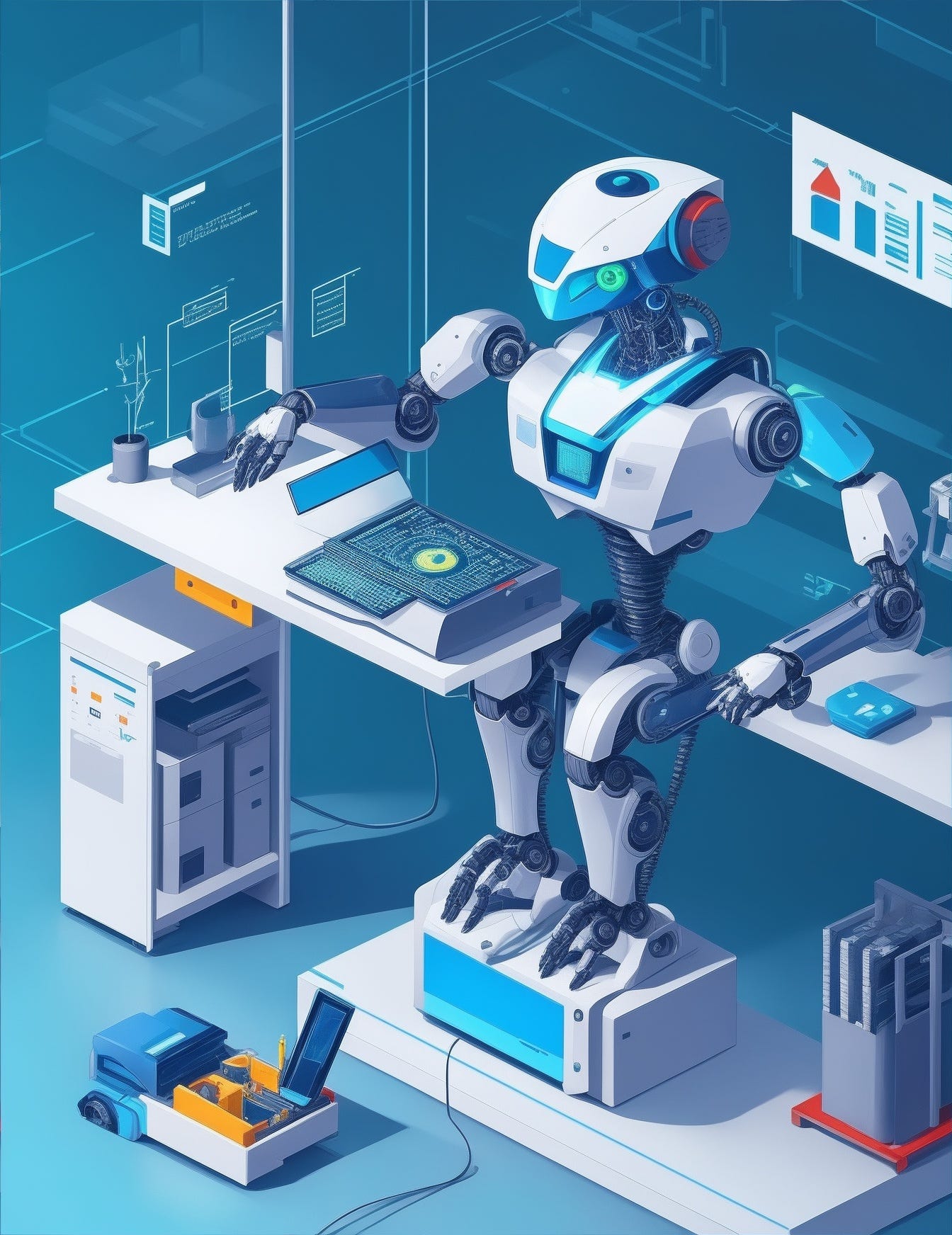AI Testing News and Articles. Part 2
Welcome to this week’s edition! We’ve talked a lot about Artificial Intelligence and the opportunities it unlocks for us as software testers. It’s time to expand our knowledge and take a closer look at insights from the industry, understand the key performance indicators (KPIs) of using AI tools, explore more advanced use cases and even delve into testing AI itself. It will be both interesting and informative!
1. Leveraging Artificial Intelligence for QA and Testing Digital Health Products
Curious about how AI can assist in developing and testing healthcare products? The folks from Light-it, a software development company and a technical partner in the healthcare software domain, have written a series of articles on Generative AI and Chat GPT in their blog. Yes, I was surprised too! However, they have discovered ways to employ AI tools effectively and efficiently, while ensuring compliance with strict regulatory standards. Sounds inspiring, right? Start by checking out their article for more details.
Did you know that we also have Twitter and share updates there?
2. Generative AI Can Help Experts Make Software Testing 15-30% Faster and 40% Better
While discussions about AI in software testing are becoming increasingly popular nowadays, the truth is that not many companies dare to make the first steps. However, a couple of months ago, the team at Testlio decided to embark on an experiment by combining the expertise of their QA engineers with AI-powered tools. The results, to be frank, exceeded my personal expectations and forecast. Are you still worried about AI replacing us soon? Just come and read their experiment report.
3. How AI Can Transform The Software Engineering Process
We’ve extensively discussed the impact of AI on software testing. However, it would be naive to assume that our fellow programmers and software architects won’t be affected by this new reality. In fact, software development will never be the same.
Do you remember when GitHub Copilot was introduced 2 years ago? They now claim that 400 companies are already using this AI tool, and more and more developers are sharing positive feedback about the boost in their productivity. In the mentioned article, a member of Forbes’ technology councils shares his thoughts on how AI tools can already be incorporated into software design and development processes. It’s definitely worth checking out and sharing with your team.
4. How Much Time Test Engineers Save with ChatGPT?
Fair question. When I attempted to utilize ChatGPT for testing purposes, I had the impression that each task would require some AI training to make it generating more meaningful outcomes. Would that be a big win for me - I never measured. The colleagues at QASource took it a step further by measuring a boost in their productivity with ChatGPT and wrote a comprehensive article with numerous guidelines on the topic. Curious what are the numbers?
Many of us are curious about how to test with Chat GPT. There’re more and more articles expanding on this topic. However, how many of us have wondered how Chat GPT large language model is tested? There wasn’t much information available before, but not anymore. Jason Arbon, CEO of TestersAI, has recently published a compelling long-read with numerous examples of tests and datasets used in testing Chat GPT. I must admit, it’s very different from everything I’ve seen so far. The article is definitely a “must-read” to broaden your outlook.
6. The Spectrum of AI Testing: Case Study
Unlike the previous article, this one delves into the role of a QA who tests AI-enabled systems, such as ChatGPT. It may require you to re-read the text a couple of times due to the abundance of domain-specific terminology. However, this actually adds to the overall interest in the material. After familiarizing myself with the concept of tokenization, I’m sure I’ll be formulating more understandable requests to any AI-powered tool.
7. 5 ChatGPT security risks in the enterprise
Unfortunately, the AI era brings benefits not only for the good guys but also for the bad ones. While we can use ChatGPT for generating test cases, cybercriminals can exploit it to create malware or enhance their phishing ideas. Currently, there isn’t much we can do about it. On the flip side, security and compliance are significant concerns that AI tools can’t fully guarantee yet, which is why large companies are deeply worried. It’s no surprise that Samsung has banned the use of AI within the company. Apparently, with great power comes great responsibility, and I’m curious about how AI will sort this out. Want to learn what other challenges big companies face? Check out this article.
The AI industry has been rapidly evolving. Almost daily, we witness more and more new cases of AI tools being used for a wide range of tasks. At the same time, there’re growing concerns regarding privacy, security, fair job distribution, and compliance. Entire countries and even political unions such as the EU are contemplating regulations to govern the use of AI and implement a centralized approach to labelling AI-generated content as such. Much can still change, and it’s certain that… nothing is certain.
That’s all for today. Happy AI-testing!




